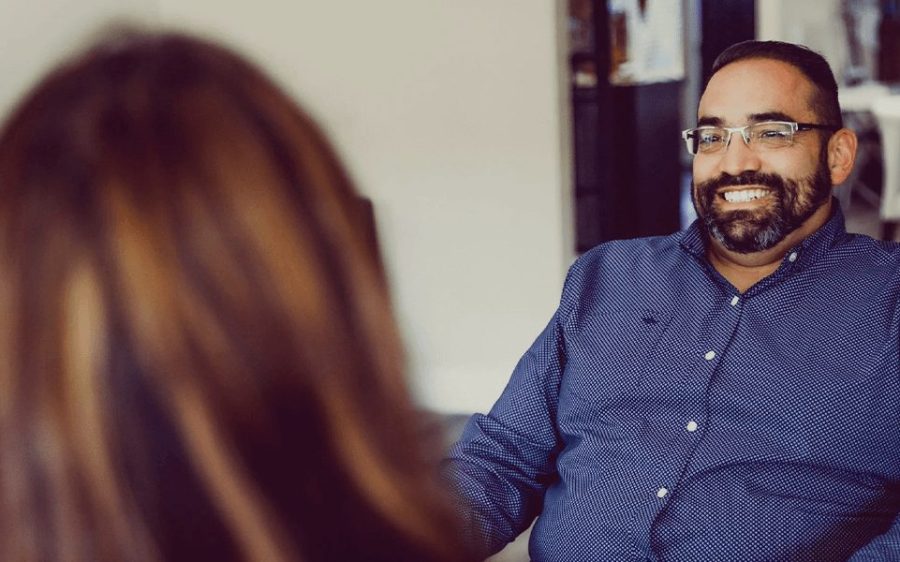
Recovering from addiction is often a lifelong journey. For many people in recovery, helping others in their journey to sobriety is a means of giving back to the community while staying committed to the healthy coping mechanisms and habits they've gained from treatment. Learn about sponsorship's vital role in recovery and how to become a sponsor.
A recovery sponsor is someone who helps those in the early stages of overcoming a substance use disorder by offering mentorship and support. As sponsors are often individuals who are in recovery themselves and have experience with successfully maintaining sobriety, they can empathize with what sponsees are going through. This understanding allows sponsors to give better advice on staying sober, guiding sponsees through the challenges of their journeys.
If you are interested in becoming a sponsor, you'll take on the following responsibilities:
Two major recovery groups use sponsors:
While the exact nature of sponsorship differs slightly between NA and AA, the core of the relationship is the same for all 12-step programs.
Some groups do not use sponsors, such as SMART Recovery. This group offers an alternative for those who don't resonate with the 12-step methods and spiritual undertones, focusing on self-reliance and self-empowerment. Although there is no sponsorship, members are still encouraged to share their cell numbers and communicate with each other between meetings.
LifeRing is another secular group that doesn't use sponsors. This approach focuses on self-help and requires members to create their own program, so newcomers don't need to be guided through specific steps. However, as this group still sees the value in forming supportive relationships outside of meetings, facilitators circulate email lists and phone numbers at meetings. In a way, all attendees sponsor each other.
There are no official steps or guidelines to becoming a sponsor, and you don't need formal training. Yet, there are certain requirements, such as living a sober lifestyle and thoroughly understanding the 12 steps or any necessary literature. You should also have a strong passion for empowering others to reclaim their lives from addiction and be willing to dedicate time to your sponsees.
Anyone can be an AA or NA sponsor as long as they have experience with alcohol or drug addiction, are in recovery and have had a sponsor themselves. While the act of guiding others might imply that sponsors have been sober for decades and are not facing the initial challenges of abstinence, this is far from the truth. In fact, becoming a sponsor early in your journey can strengthen your own recovery, aid your healing and give you a sense of purpose.
Even if you're still dealing with cravings or feelings of boredom, you can take on the role of a sponsor. While you are mentoring someone new to sobriety, the goal of the sponsor-sponsee relationship is to hold each other accountable regardless of where you both are on the road to recovery.
Before becoming a sponsor, you should ideally have been sober for several months and have completed the 12 steps of your program. This way, you will have had enough time to advance on your own path to recovery, gaining valuable insights and experiences that you can share with others. As a result, most sponsors are senior members of NA or AA groups who have been in recovery and attended meetings for at least one year.
While you are expected to communicate with your sponsee regularly, there is no hard-and-fast rule for how many times you must meet or speak with each other. Some relationships may benefit from talking every day, whereas others may only feel the need to chat once a week. You can also decide whether you're available 24/7 or if you'd prefer to set specific hours for your sponsee to reach out.
Whatever you and your sponsee have agreed on, ensure that you have the capacity to mentor them and offer support within the boundaries of this agreement. Also, remember that sponsorship requires great compassion, understanding and patience. Those new to recovery often feel overwhelmed and may have many questions, so be prepared to offer guidance about sobriety and the 12 steps.
If you fulfill all the requirements and your sponsor agrees that you are ready to assume the responsibility, here are some tips on how to be a good sponsor:
At Diamond House Detox, we take a holistic approach to recovery by addressing the mind, body and spirit. Through evidence-based medical treatments, optional support groups such as AA and NA, and comprehensive psychological counseling, we've helped many clients overcome addiction and live more meaningful lives.
Your journey with us continues once you check out of our detox facility. As we believe that addiction is a chronic disease requiring years of treatment, even after physical detoxification, we have an alumni program to help you maintain your sobriety and help others do the same. If you want to be a sponsor and share your story and newfound coping strategies, you're always welcome to return to your favorite support group. We're also here if you simply need a familiar face to turn to.
For many people, one of the most vital parts of recovery is knowing that they are supported. If you're still facing the challenges of recovery, our medical professionals can create a thorough treatment plan tailored to your needs using approaches such as dual diagnosis treatments, individual and group therapy, medical detox and more.
To learn more about our addiction treatments, contact us today!